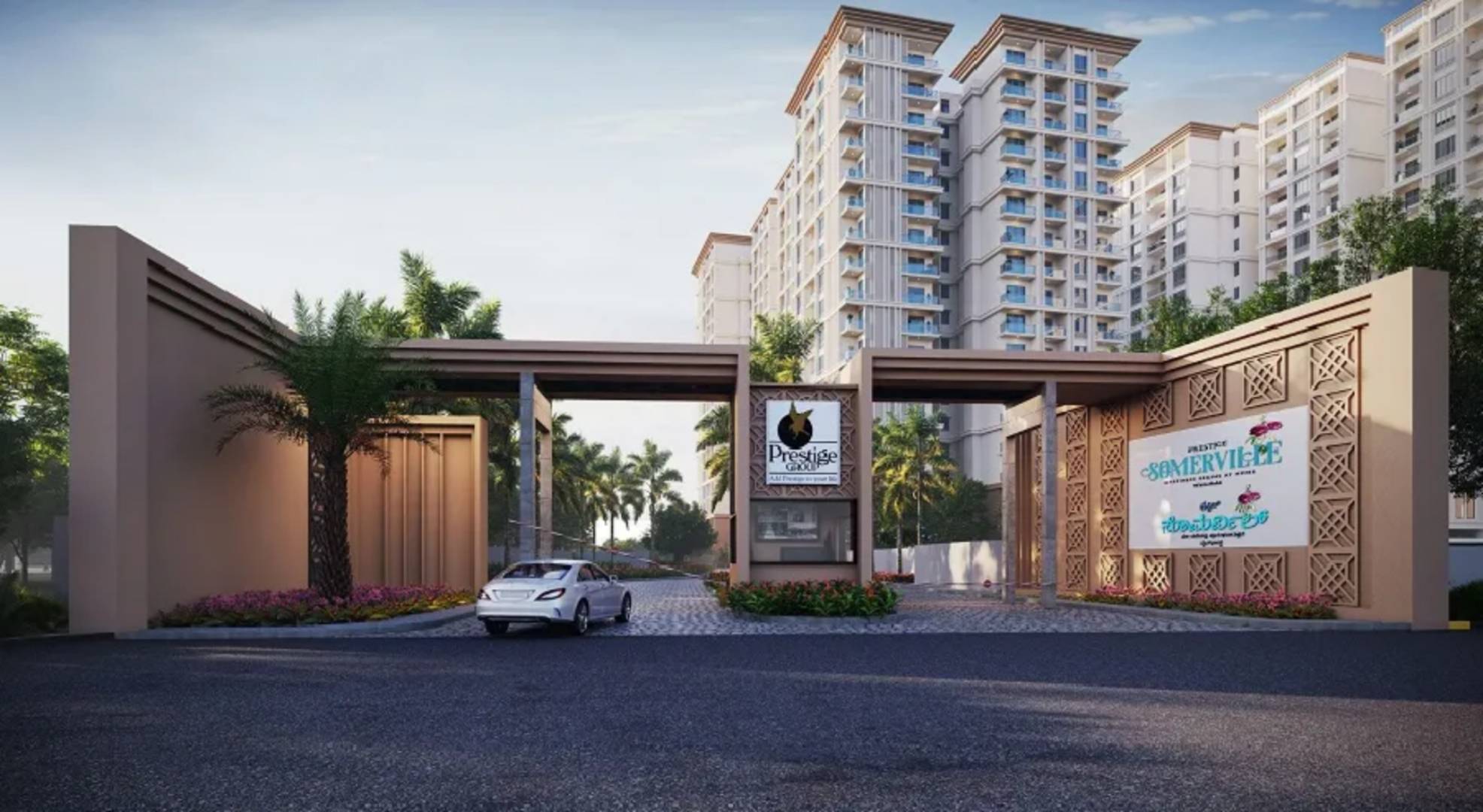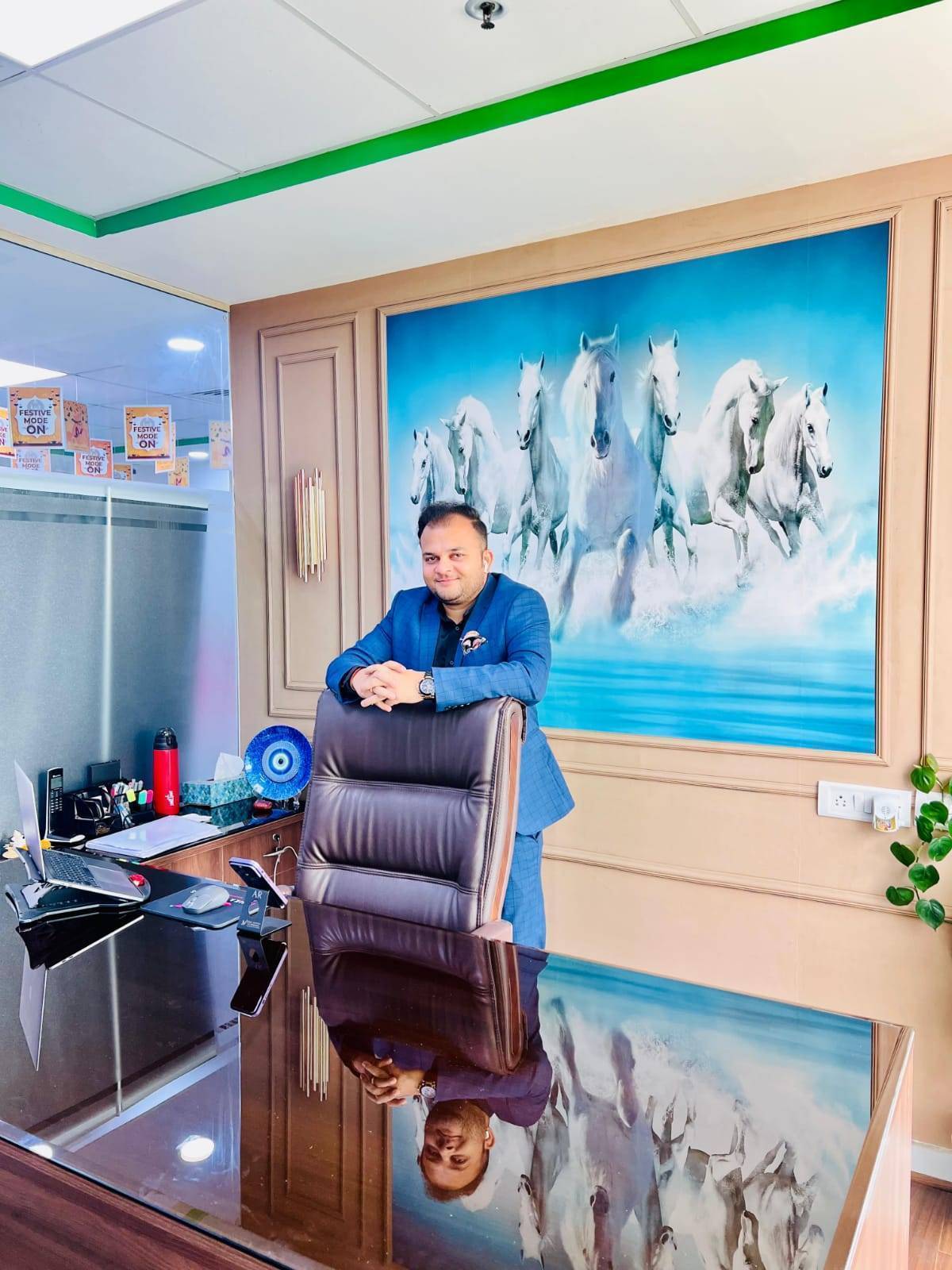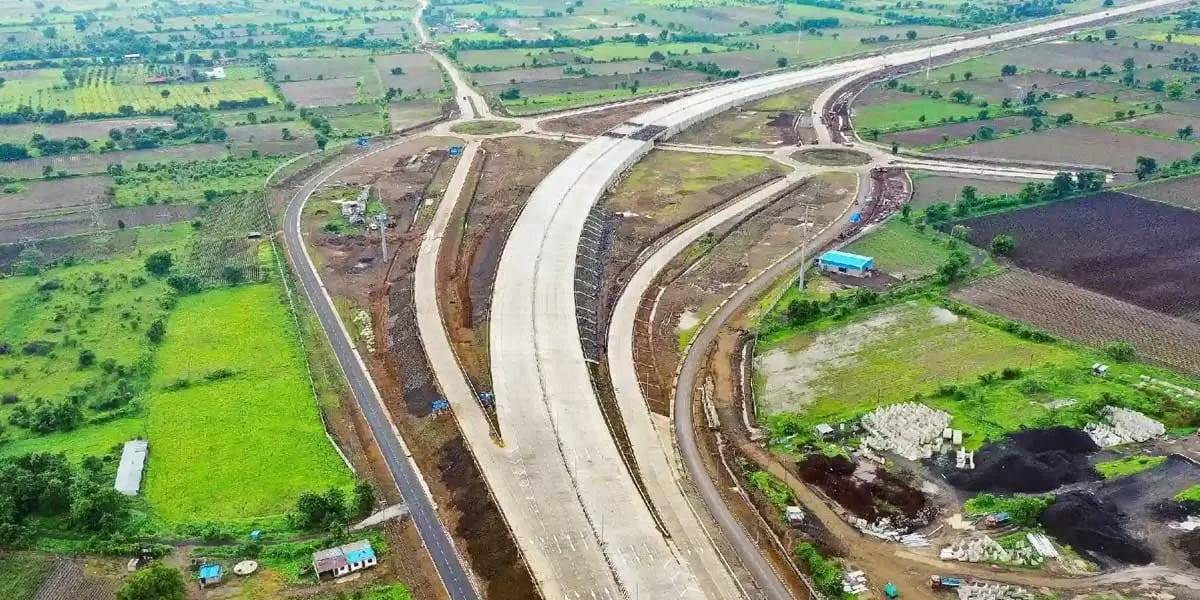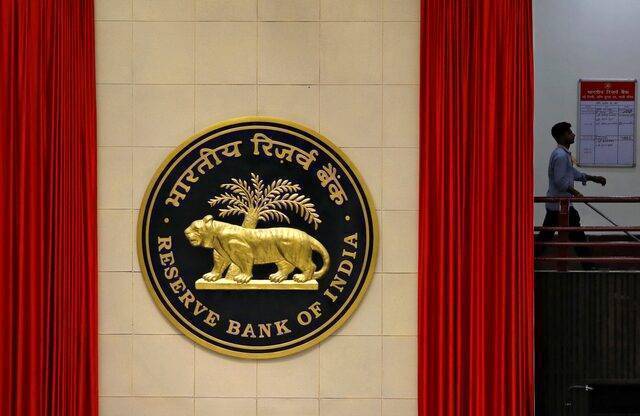The Indian real estate scene is basically the backbone of the economy, fuelled by a whirlwind of urban expansion and a growing population. Investors are pouring in money, and sales numbers are hitting the stratosphere. Institutional capital, for instance, skyrocketed to a jaw-dropping USD 8.9 billion in calendar 2024, marking a 51% leap from the previous year. Meanwhile, the residential sector is demonstrating its strength with unprecedented sales amounting to Rs. 3.47 lakh crore (approximately USD 42 billion) in the fiscal year 2023, representing an impressive 48% rise compared to the previous year. Yet, it is crucial to proceed with care, for while the potential is immense, there are significant obstacles to overcome. Obsolete inefficiencies, ambiguous negotiations, and unproductive workflows are posing major challenges for both buyers and developers.
Traditionally, the whole process of buying or selling a property in India has felt like piecing together a jigsaw with missing parts. A would-be buyer who starts searching on a website soon finds himself dealing with several brokers, assorted lawyers, and countless banks before ever seeing a home. The result is mountains of forms, patchy phone chains, and constant repetition of the same information, all of which stretch timelines and eat away at confidence. Meanwhile, developers struggle with slow approvals, clumsy lead tracking, and high support costs, leaving them unable to start or finish projects on schedule.
Faced with long-standing challenges, the real estate industry is undergoing significant changes, moving towards comprehensive solutions that manage every stage of construction. This transition is fuelled by a core need for a process that is more straightforward, quicker, and significantly more transparent. Thanks to regulatory support, particularly the Real Estate (Regulation and Development) Act of 2016, there's been a push for greater accountability.
The new, joined-up model offers a true end-to-end service, guiding every task from first sketch to final handover through clearly linked phases. It starts at project design & strategy, where success is planted in a full site survey, helps with the design brief, choice of product mix, and a pricing plan that stands up to the market. Next comes the marketing push and pre-launch, a stage aimed at putting the project squarely in front of buyers. That work includes a complete 360-degree plan, on-the-ground campaigns, and a pre-launch drill that sets up a digital footprint and lays out the cash flow story.
Together, the pre-sales and sales steps tidy up the customer journey and push business results. During pre-sales, a dedicated hotline is set up, interactive tools guide buyers, and software quickly weeds out unqualified leads. Sales itself is run by agile teams, often split into direct and channel units, and they track every query from first contact to signed deal with full visibility. The path closes with a fluid post-sales routine, a key driver of buyer contentment and steady cash flow. That routine guides loan applications, walks customers through the builder contract, collects payments on time, and manages handover, all with open lines of communication. Room for growth stays wide by reviewing data from automated reports and holding regular catch-up meetings.
When developers embrace an all-in-one management model, usually handled by an outside specialist, they reap substantial rewards. Such an approach frees them to concentrate on land deals and building projects, while the tangled work of selling homes and steering cash flow is left to experts. The result is a leaner workforce and access to a team that already has a track record in the industry. With India's housing shortfall likely to hit 93 million units by 2036 and the country's real estate sector forecasted to surpass $5.8 trillion by 2047, these bundled services are no longer optional; they are critical. They close long-recognised gaps between planning, selling, and service, creating a safer, swifter arena for investors, buyers and builders alike and laying the groundwork for enduring growth in a key economic domain.
Authored By;

Pawan Kumar Agarwal, Managing Director of NK Realtors, real estate consulting firm. With a rich history spanning over three decades, Pawan brings more than 34 years of experience in the real estate sector, with a deep understanding of market trends, developer strategies, and consumer behavior. He is highly skilled in strategic planning, business growth, and implementing innovative solutions that add value throughout the real estate project lifecycle. A defining milestone in his career came in 2003, when he led NK Realtors to deliver a pioneering mandate solution for South City Residency—the first large-scale engagement of consultants in India—ushering in a more organised, system-driven approach to project management.









.png)